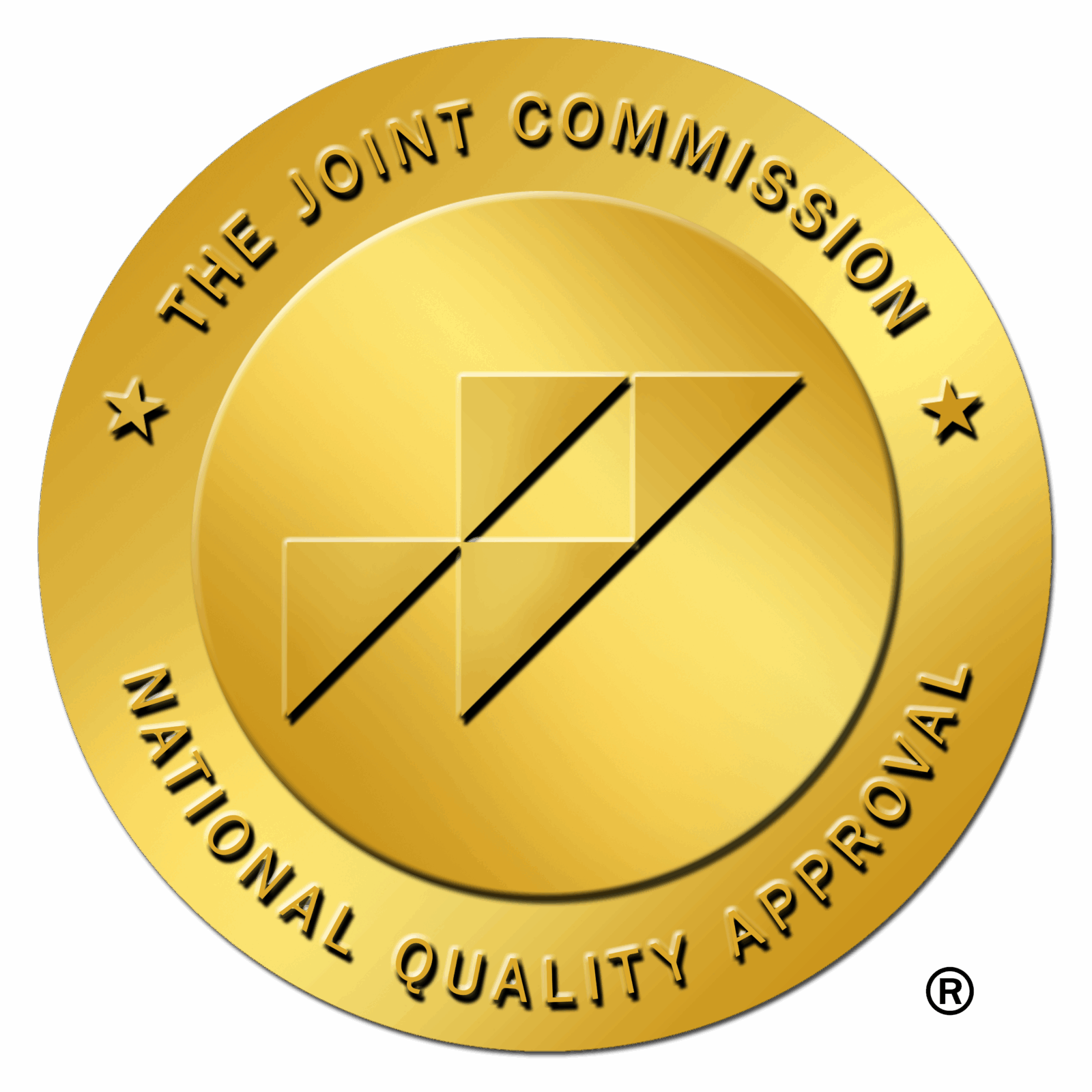By: Sarah Eggers, APRN-CPNP
Runny nose, cough, congestion, sneezing and fever. These can all be symptoms that your child has a cold, which is often called an upper respiratory infection by your child’s primary care provider. During respiratory season, which generally falls between September and March, you can expect your child to have anywhere from six to ten colds. Upper respiratory infections are a common reason your provider sees so many children during the respiratory season, along with flu, strep throat and respiratory syncytial virus (RSV). So how do you know when you should bring your child in?
Typically, colds (which are caused by viruses) can last 1-2 weeks. Symptoms vary and may include cough, runny nose, nasal congestion, fever, sore throat, stomach ache, headache and fatigue. If your child has mild symptoms and does not seem to be in any distress, it is OK to provide home care for the first 48-to-72 hours. Home or supportive care includes:
- Pushing fluids. Keeping your child hydrated is important during any illness.
- For children aged one and up: water, juice, Pedialyte or Gatorade, popsicles and Jello
- For children aged under one: formula, breast milk and Pedialyte
- Saline spray to the nose or saline drops and using a bulb syringe can be used to clear out nasal passages.
- A humidifier in the child’s room at night (cool or warm mist) or 10-15 minutes in a steamy bathroom helps loosen mucus and reduce cough.
- One-half to one teaspoon of honey every four hours as needed for cough for children aged one and up. Zarbees is a common over-the-counter children’s medication that can be used for children aged one and up; its main ingredient is honey.
- Honey should not be used in children under the age of one because it is not pasteurized and can cause botulism toxicity.
- Over-the-counter cough and cold preparations can be used for children 8 and up but should not be used at the same time as Tylenol (acetaminophen) because most of the medications already contain Tylenol.
- Tylenol and Motrin (ibuprofen; for children 6 months and up) can be used to treat fever and pain. Please call your provider or provider’s nurse if you need correct dosing for your child.
- Older children can utilize a Neti-Pot to rinse sinus and nasal passages.
If, for any reason, you don’t feel comfortable waiting one to two days and/or doing home care before your child is seen, do not hesitate to call and make your child an appointment. It is always a comfort to know that someone has seen your child and has reassured you.
Sometimes children, especially young children and infants, experience more severe symptoms with colds and can become sicker than older children, teenagers and adults. If your child develops the following signs and symptoms, your child should be seen immediately, taken to the ER or you should call 911.
- Dehydration: less than three wet diapers in a 24-hour period or less than three urinations in a 24-hour period; unable to produce tears when crying; inside of mouth is dry; extreme tiredness or sleepiness
- Respiratory Distress: sucking in at or below the ribs or above the collar bone (retractions); breathing hard and fast; wheezing; shortness of breath or they can not catch their breath; turning blue around the mouth (cyanosis)
- Poor feeding or refusing to feed/eat
OKCIC also offers same day virtual visits for children with cold symptoms that are not running fever. To schedule an appointment or virtual visit, please call OKCIC at (405) 948-4900 ext. 633 or 635. For more information about virtual visits, please visit this link: http://okcic.com/services-specialties/virtual-medical-visits/

